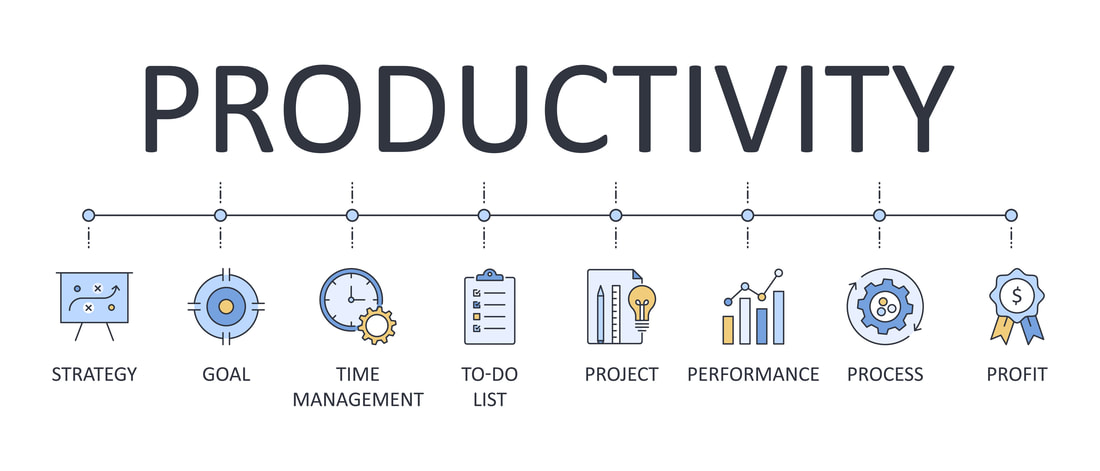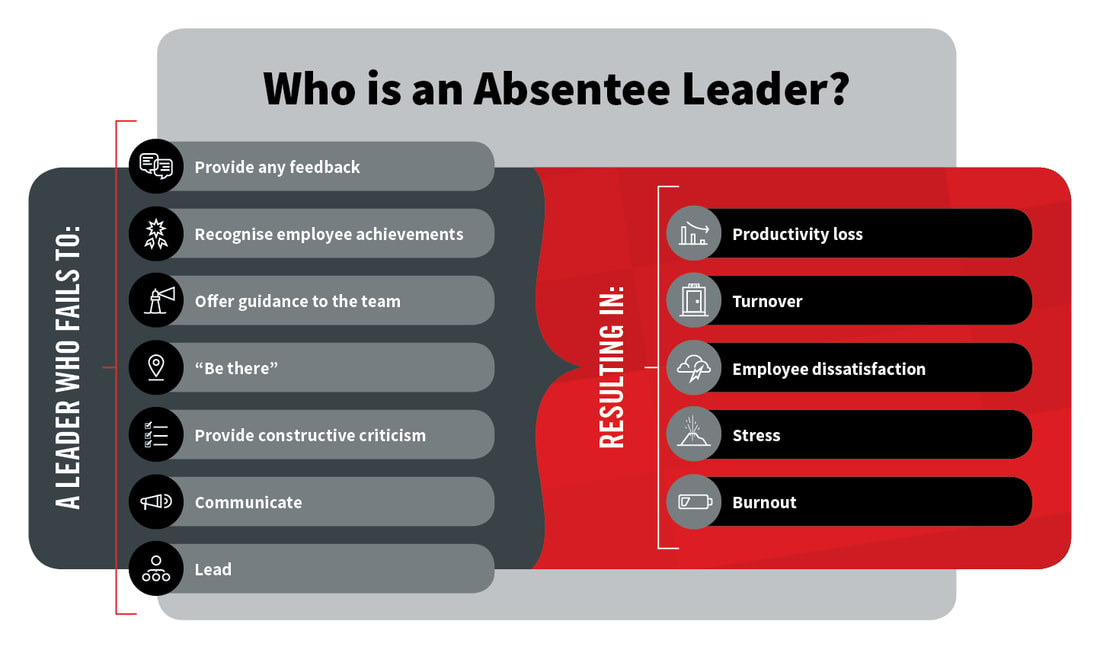
As a second Coronavirus wave hits parts of Europe, including Ireland, many workers are being sent back home to work within Lockdown 2.0. Despite operations continuing throughout the original lockdown, many employers may fear a drop in productivity as employees feel de-motivated due to the professional or personal circumstances and working within their home setting where they may be distracted by childcare, caring or other personal duties. But this isn’t always the case – in fact, at the height of the first lockdown, 44% of Irish professionals were found to be putting in longer hours while working from home.
Let us explore how the employer can boost productivity through HR initiatives like virtual workshops, meetings and training, as well as pitfalls employers can fall into when working with their staff remotely.
The Danger of WFH Demotivation
From the financial burdens to operational restrictions, business owners have faced a torrential storm has they face down Coronavirus and its impact on their business. But Ireland’s businesses are in danger of forgetting about a potential HR danger that they face – demotivation.
Yes, the first lockdown was a novelty, especially for those workers who had never worked from home before. Whether it was swapping out the usual mundane 11am tea break for a half hour Pilates class or avoiding the stressful daily commute, working from home was something different for many of Ireland’s workers for the first few weeks.
However, as reality began to set in, more and more of your workers craved returning to work. Fast forward the Summer and we are back into lockdown and back to the issues we had before. The novelty has well and truly worn off and your staff are being to suffer from a lack of motivation. As dark nights creep in and the colder weather begins to bite, your staff may not be feeling as positive as the first time around.
But what is so dangerous about this? If your staff are feeling demotivated, this can lead to further mental or physical wellbeing issues down the road. No matter what this issue may be, this could have an impact on business performance and operations as staff struggle to motivate themselves for yet another working day spent in the loneliness of lockdown. But what can you do about it?
Zoom Calls… But Not Too Many!
A staple of the first lockdown, zoom or Microsoft teams calls are now a stalwart in business communication. It is important to remember to seek balance – your workers may be feeling lonely and zoom calls can help ease this, providing a social aspect to work. However, there is such a thing as too many zoom calls to the point that your staff may feel that you lack trust in their ability to work with discipline at home. Another pitfall of too many zoom calls is that they can actually affect productivity – with so many calls, your staff may find it harder to focus on their work, especially if calls run on. Not only may their work be delayed but they may also struggle to finish their working day on time, leading to stress and pressures at home, especially if they are working parents or have other care commitments.
Strike a balance and zoom calls can really help your staff to stay as connected as possible during this second lockdown.
Virtual Workshops
Round your HR team up and get a workshop programme up and running for the duration of this second lockdown. Whether this is an office book club, HIIT or weight class or virtual industry conference, having in place a number of workshops can help break up your staff’s working week with useful things that will be of interest to them.
By offering a variety of workshops, your business can demonstrate your care for your staff’s development and wellbeing despite Covid-19 and provide them an opportunity to invest in themselves. There is no better way to boost productivity than showcasing how much your value your employees!
Official Training Courses
Whilst this may not suit all employees due to other commitments at home, if you can financially afford it, investing in official training courses that your staff can complete virtually is a great investment for your business and for their professional development.
Since the first lockdown, many industry bodies and colleges have begun to offer more courses online. Utilise your HR team to ask your colleagues what training courses they would like to complete or what could benefit them in their job roles and get a training programme in place.
Not only will training demonstrate your willingness to invest in your workforce, but by learning new skills and providing online interaction, your staff can stay motivated despite a winter Lockdown.











 RSS Feed
RSS Feed